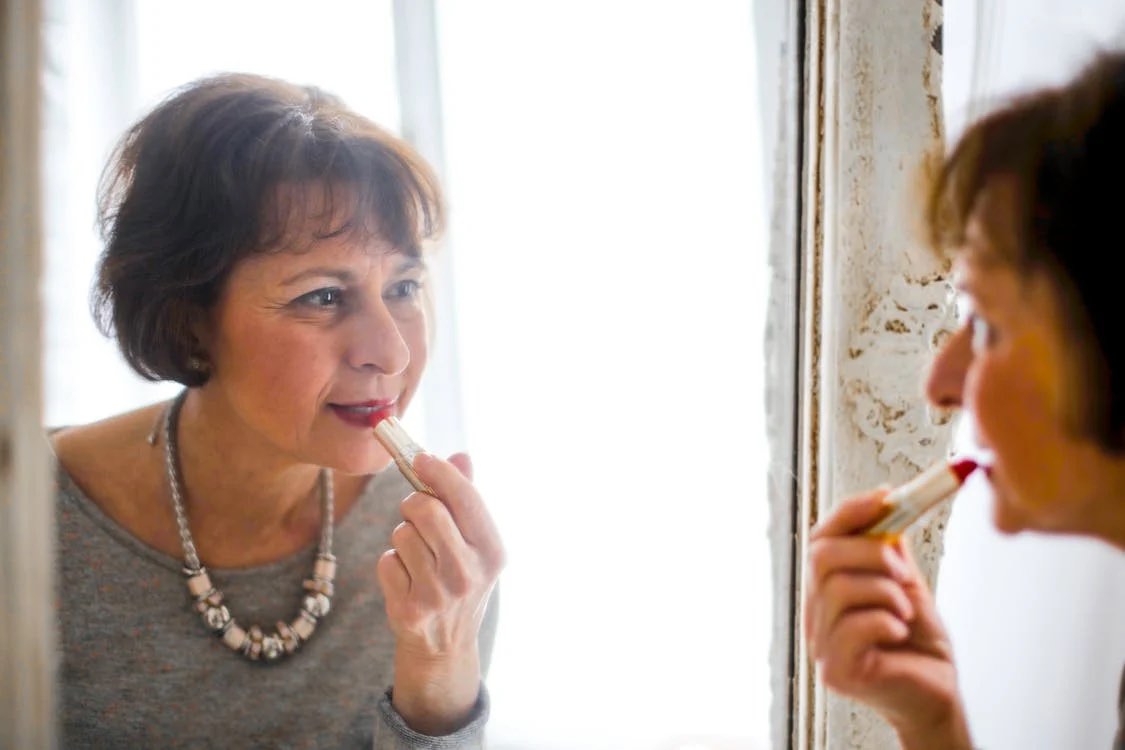When people refer to the menopause, they are referring to a period in which a woman stops menstruating and is no longer able to become pregnant naturally.
Initially, a woman’s periods usually start to become less frequent over the space of a few months or even years. Eventually, the periods will stop altogether. In some cases the periods can just stop suddenly.
Typically, the menopause occurs between the ages of 45 and 55 years old and is a completely natural part of the ageing process for women. This is due to the oestrogen levels in a woman’s body declining. The average age to reach menopause is 51 in the United Kingdom.
It is possible to start the menopause earlier than usual with 1 in 100 women experiencing it before the age of 40 years old. This is known as premature menopause or premature ovarian insufficiency.
Symptoms of Menopause
It is extremely common for women to experience symptoms and side effects when going through the menopause. Some can be relatively severe and can have a significant impact on a woman’s everyday activities.
The most common symptoms include:
- hot flashes – sudden and short feelings of intense heat in your face, neck and chest. This can make your skin sweaty, hot and red
- reduced sex drive (libido)
- vaginal dryness
- discomfort during sexual intercourse
- night sweats (hot flushes that occur during the night time)
- difficulty sleeping (or insomnia)
- mood changes like experiencing anxiety or low mood
- problems remembering things and with concentration
- headaches
- reduced muscle mass
- recurrent urinary tract infections (UTIs)
- palpitations – heartbeats that can suddenly become more noticeable
The symptoms of menopause first begin to show themselves in the first few months, or even years, prior to your periods stopping and can last for around the length of around 4 years after the date of your last period. However, some women will experience these symptoms for longer. According to the NHS, around 1 in 10 women will experience symptoms for up to 12 years.
If you symptoms are particularly troublesome, do speak to your GP as there are some things that you can do to relieve the symptoms.
Treatments for menopause
Obviously, menopause is not something which you “cure” since it is part of the natural ageing process for women. While it is not necessary for all women, the treatments available aim to relieve menopausal symptoms via medication and lifestyle changes if you have such severe symptoms that they begin to impact your day-today life. Treatments may include:
Hormone replacement therapy (HRT)
HRT is a treatment which involves taking oestrogen into your system to combat the decline in your body during the time of menopause. This treatment is the most common as it is used to successfully reduce most of the symptoms listed above.
However, some medical professions have been wary of HRT in the early 2000’s because of a potential link to breast cancer. Nevertheless, new guidelines from the National Institute for Health and Care Excellence (NICE) states that HRT is very effective and should be offered to women for their menopausal symptoms.
There are two types of HRT:
- Combined HRT (oestrogen and progestogen) – this version is for women who still have their womb and are experiencing menopausal symptoms. Oestrogen on its own can increase a woman’s risk of developing womb cancer.
- Oestrogen-only HRT – this is for women who have had a hysterectomy, meaning they have had their womb removed as they will not then have a risk of developing womb cancer from taking oestrogen on its own.
HRT treatments are available in the form of a tablet, skin patch, a gel to rub into your skin or an implant.
Cognitive behavioural therapy (CBT)
CBT is a kind of talking therapy which can help with the psychological side effects of menopause such as the mood changes, anxiety and depression.
Lifestyle changes
You GP may suggest doing things to help yourself such as eating a healthy, balanced diet and exercising regularly. To improve your menopausal symptoms, you should try and maintain a healthy weight and stay strong and fit.
If you symptoms are particularity severe and do not improve even with treatments in place, your GP can refer you to a menopause specialist.
Causes of menopause
The reason that the menopause occurs is because of the changes in the balance of a woman’s bodies sex hormones, and this naturally happens when you grow older.
When your ovaries stop producing as much of the hormone of oestrogen as usual and therefore can no longer release an egg each month, menopause comes about.
In most cases of premature menopause, there is no clear reason as to why it occurs. In some cases, premature menopause can happen following a surgery to remove the ovaries, some treatments for breast cancer or it can be as a result of an underlying medical condition such as Down’s Syndrome or Addison’s disease.
For more information about treating this, feel free to contact us here.

